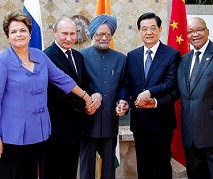Source: Waging Nonviolence
Although Saul Alinsky, the founding father of modern community organizing in the United States, passed away in 1972, he is still invoked by the right as a dangerous harbinger of looming insurrection. And although his landmark book, Rules for Radicals, is now nearly 45 years old, the principles that emerged from Alinsky’s work have influenced every generation of community organizers that has come since.
The most lasting of Alinsky’s prescriptions are not his well-known tactical guidelines — “ridicule is man’s most potent weapon” or “power is not only what you have, but what the enemy thinks you have.” Rather, they are embedded in a set of organizational practices and predispositions, a defined approach to building power at the level of local communities. Hang around social movements for a while and you will no doubt be exposed to the laws of Chicago-style community organizing: “Don’t talk ideology, just issues. No electoral politics. Build organizations, not movements… Focus on neighborhoods and on concrete, winnable goals.” read more





